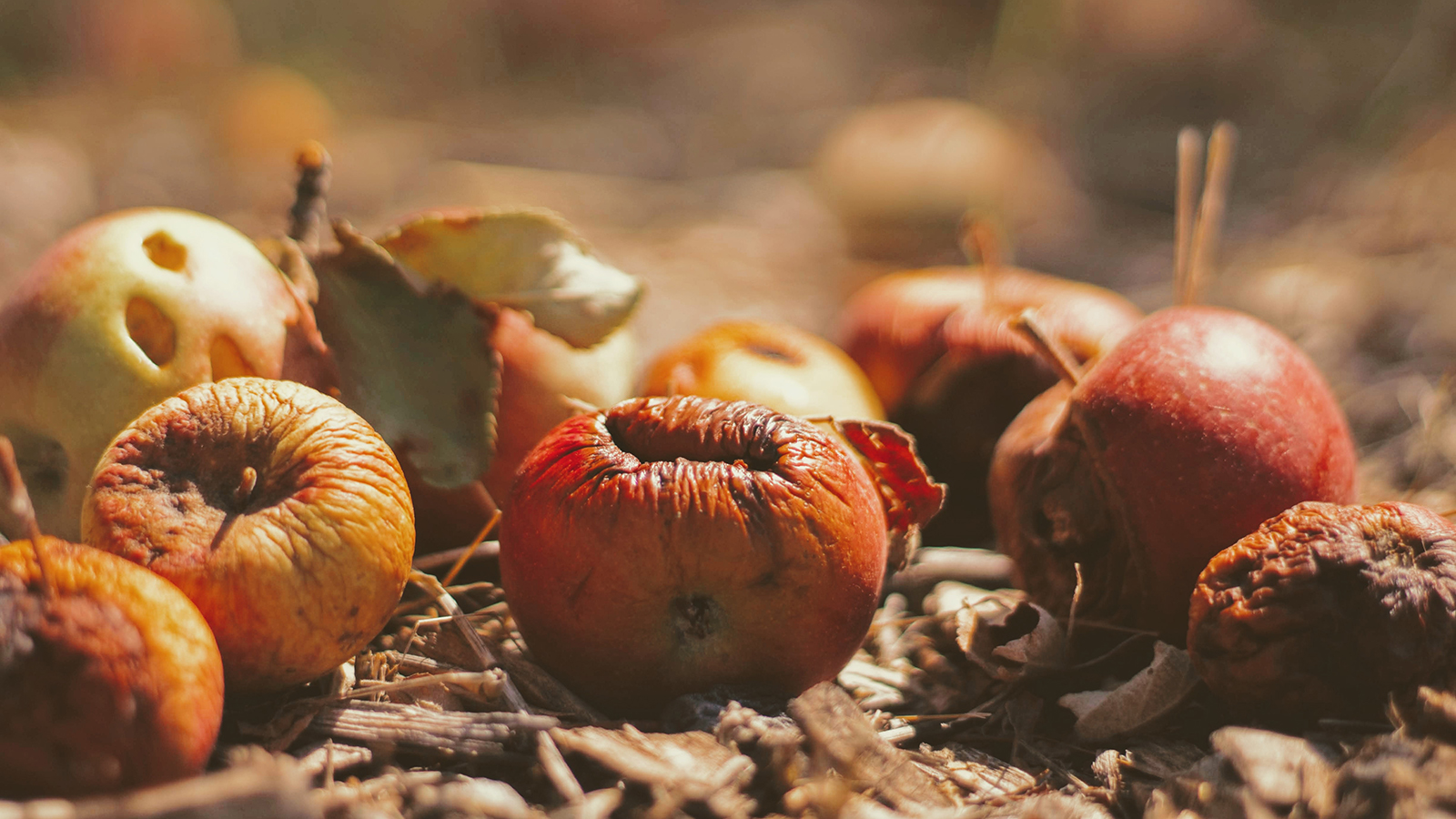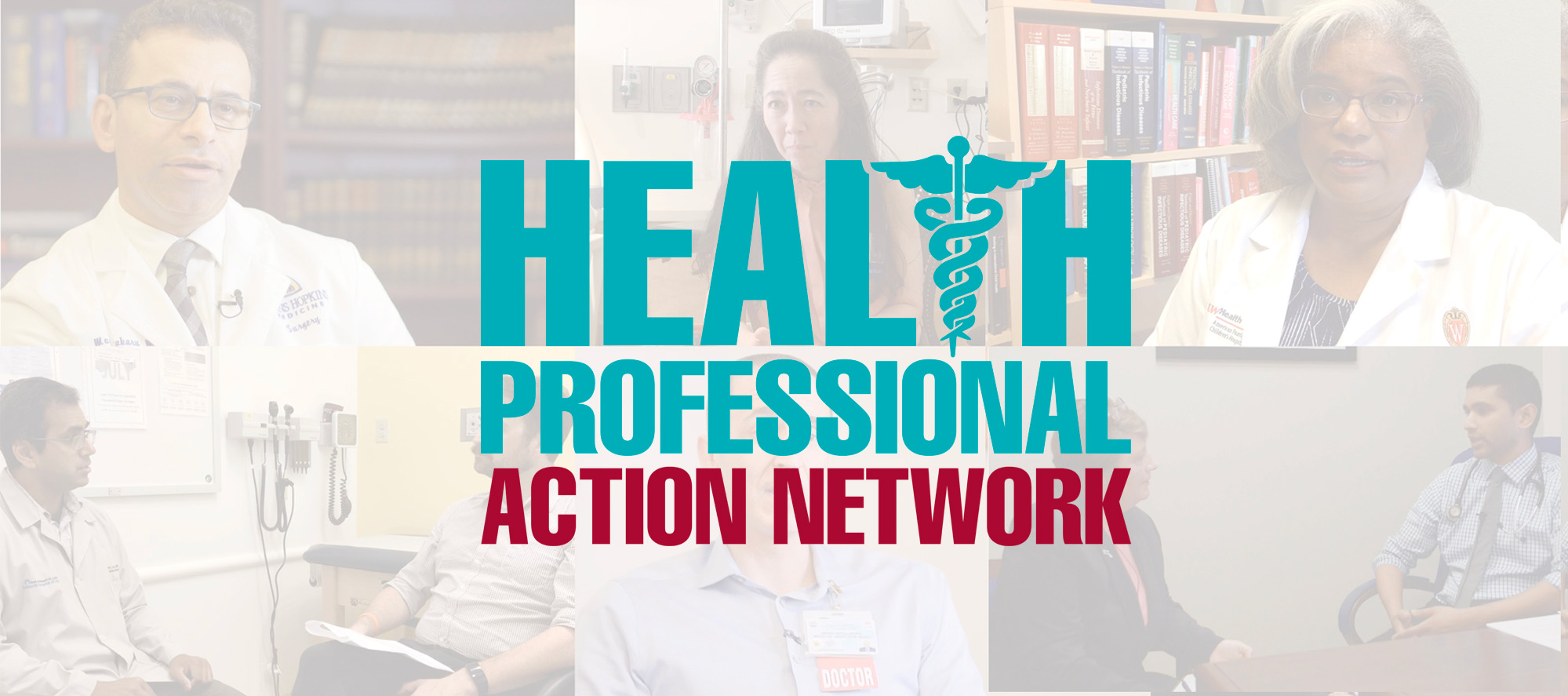
Ending the Abuse of Antibiotics in Livestock Production
The Case for Reform
The following white paper outlines the case for immediate action to stop the misuse of antibiotics on factory farms and protect the long terms effectiveness of these life-saving medicines.
NJPIRG Law & Policy Center
Sir Alexander Fleming’s discovery of penicillin in 1928 ushered in the antibiotics age, a giant scientific leap forward that armed doctors with potent weapons against many of the world’s deadliest diseases. Able to combat potentially lethal illnesses such as pneumonia, bacterial meningitis, rheumatic fever and even life-threatening infections developed from simple scrapes or surgery, antibiotics have saved millions of lives and are one of our most important public health tools. Despite their significance, however, overuse and misuse threatens the efficacy of these precious drugs. Among the biggest abuses, often antibiotics are given to healthy animals as a production tool, and not to treat illness. The following white paper outlines the case for immediate action to stop the misuse of antibiotics on factory farms and protect the long terms effectiveness of these life-saving medicines.
Antibiotics: Highly Vulnerable Miracle Drugs
While antibiotics today seem an indelible part of the lives of most Americans, even the earliest scientists responsible for their discovery warneof an Achilles heel that could one day threaten their ability to save lives. In accepting his Nobel Prize, in fact, Sir Alexander Fleming himself cautioned that bacteria could develop resistance to penicillin.[1]
The ability of a bacterium to develop resistance to antibiotics such as penicillin is rooted in the ability of this organism to quickly adapt to new threats through mutation. When bacteria are exposed to an antibiotic, most of them will be susceptible to the drug and die. Some of the organisms, however, possess genes that will allow them to survive the onslaught. Left without competition for food from their more vulnerable counterparts, these resistant ‘superbugs,’ replicate very quickly. For instance a single drug-resistant E. coli bacterium can multiply into more than a billion E coli cells in just 24 hours. Furthermore, these resistant cells can pass on their resistance to other, unrelated bacteria. Thus, the more antibiotics that are used, the more opportunities bacteria have to develop resistance.
Despite this well-recognized phenomenon, however, antibiotics are used in massive, untargeted and unrestricted quantities and are not even limited to the treatment of sick people. As a consequence, bacterial resistance to antibiotics is now cited by health experts in the United States and across the globe as one of the most serious health crises of our time.
Recognizing the urgency of the problem, in September 2013 and April 2014, the U.S. Centers for Disease Control (CDC) and the World Health Organization (WHO) released detailed studies on bacterial resistance. The CDC report found at least two million Americans are sickened by drug-resistant bacteria each year, 23,000 fatally.[2] Additionally, the WHO report cited estimations that ‘superbug’ infections resulted in eight million additional days in hospitals, which costsbetween $21 and $34 billion each year in the U.S. alone.
Sounding the alarm for action, WHO Assistant Director-General Keiji Fukuda warned:
Without urgent, coordinated action by many stakeholders, the world is headed for a post-antibiotic era, in which common infections and minor injuries which have been treatable for decades can once again kill.[1]
[1] World Health Organization Media Release: WHO’s first global report on antibiotic resistance reveals serious, worldwide threat to public health, downloaded from http://www.who.int/mediacentre/news/releases/2014/amr-report/en/ 6/25/2014
[1] Fleming, Alexander, Penicillin: Nobel Lecture December 11, 1945, Nobelprize.org, downloaded 6/25/2014
[2] U.S. Centers for Disease Control, Antibiotic Resistance Threats in the United States, 2013: p 13
d
Topics
Find Out More


The food we waste could end hunger

Superbugs in Stock

